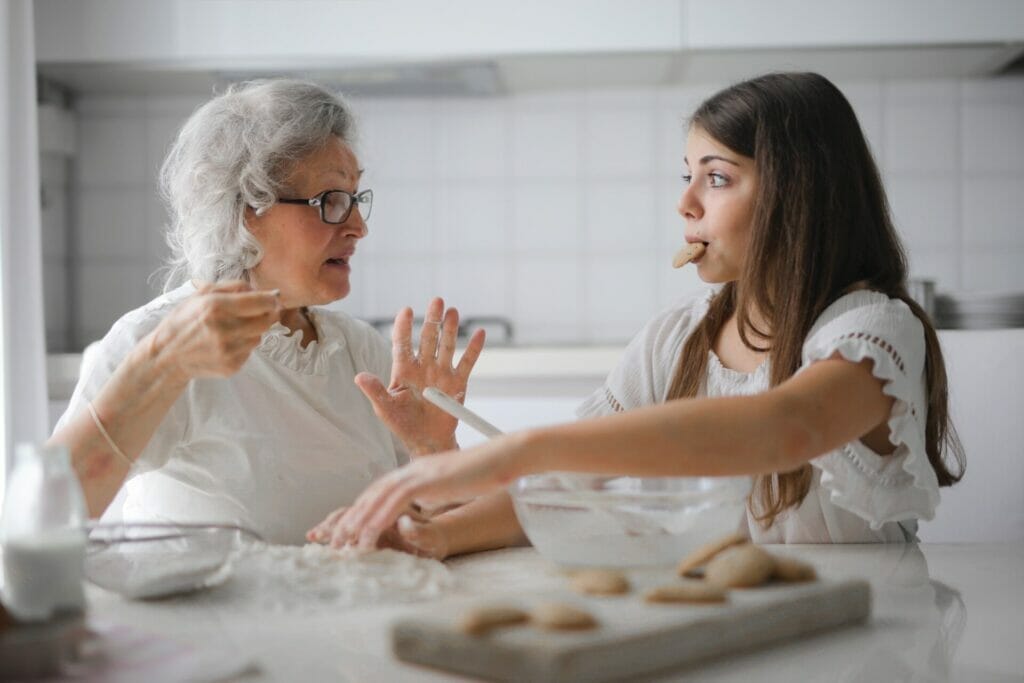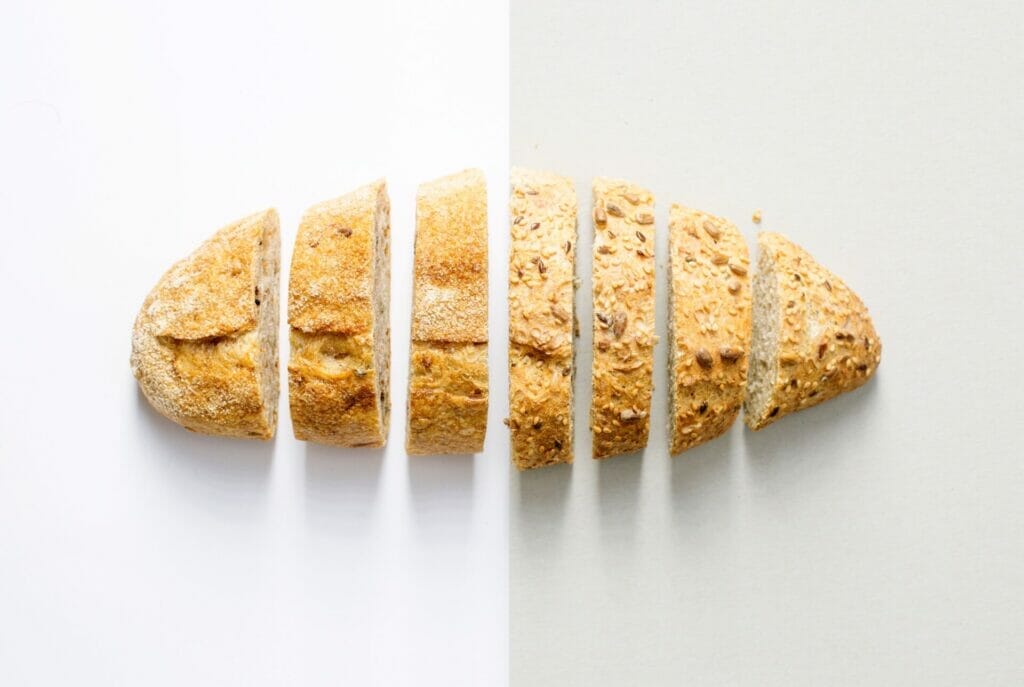Can You Get Food Poisoning From Coffee?
Coffee is something that we consume frequently and with ease, however, some people are concerned about whether or not they can get food poisoning from coffee. The answer to this question is no; Coffee itself is a low-risk item when it comes to food poisoning. It is not possible to get food poisoning directly from drinking coffee.
However, certain other elements associated with coffee could lead to the possibility of consuming something contaminated and thus lead to food-borne illness. If you prepare your own cup of coffee at home or in the office, be sure to use safe water for preparation as well as safe ingredients like milk.

What Is Food poisoning?
Food poisoning is an illness caused by eating contaminated food or drinks. It can be caused by bacteria, viruses, or toxins from contaminated sources. Common symptoms of food poisoning include nausea, vomiting, diarrhea, abdominal pain, and fever. In some cases, one may even experience headaches, confusion, and fatigue.
In order to prevent food poisoning, proper food handling and preparation practices should be employed when dealing with coffee.
This includes ensuring that fresh beans are properly sourced and stored; making sure coffee grinders are clean; making sure that utensils used in preparing the coffee are sanitized; using clean mugs and cups; avoiding leaving brewed coffee at room temperature for too long; and avoiding adding anything to the coffee that could potentially contaminate it. By following these steps, we can minimize our risk of getting food poisoning from our daily cup of Joe!
What Should I Do If I Get Food Poisoning?
Stay Hydrated
If you get food poisoning, it’s essential to make sure you stay hydrated. Dehydration can make the symptoms worse, so it’s important to keep sipping water as often as possible throughout the day.

It may help to add a pinch of salt or sugar to your water if needed, in order to replenish lost electrolytes. If you have trouble swallowing beverages, you might also try sucking on ice chips.
Use Natural Remedies
If you experience symptoms of food poisoning, using natural remedies is a great way to try and relieve your body’s reactions. Some of the most effective remedies include consuming ginger, apple cider vinegar, honey, sauerkraut juice, and chamomile tea.
Ginger has antifungal and antibacterial properties that can soothe the stomach while Apple Cider Vinegar contains probiotics that can help digestive changes. Honey has healing compounds with antimicrobial effects to fight against infection and improve unhealthy bacteria, while Sauerkraut Juice helps jump-start helpful digestive processes.
Lastly, Chamomile Tea is a calming herb that can reduce inflammation in the upset stomach to provide relief from nausea and diarrhea. Natural remedies are not just against food poisoning but also provide gentle relief for your body during this time of distress.
Other Suggestions
If you have been unfortunate enough to get food poisoning, there are a few other suggestions that may help in addition to seeing a doctor. Firstly, try and rest as much as possible and stay hydrated by drinking plenty of fluids throughout the day. Additionally, it’s important to identify the source of the food poisoning so you can avoid any more contact with it.
It is also beneficial to disinfect all surfaces coming into contact with food, including cutting boards, as well as wash your hands thoroughly afterward. As diarrhea might temporarily create lactose intolerance, avoid dairy products unless they are lower in lactose, such as yogurt.
Finally, be extra vigilant when handling anything related to food safety watch 1 such as cooking utensils or grocery bags. By doing these simple measures and consulting your doctor if necessary, you can help reduce the likelihood of getting food poisoning and stay healthy!
Consume Bland Foods
If you have food poisoning symptoms, the best thing you can do is to consume bland foods. This helps give your body an easier time digesting as they are easily processed and contain very few ingredients. Bland foods like rice, bread, crackers, Chicken Broth, or canned tuna have a low-fat content and typically high levels of carbohydrates which provide immediate energy.

Additionally, these items are usually better at calming your upset stomach, since they tend to not cause any more discomfort or heartburn. Drink plenty of fluids and try to add natural sources of electrolytes such as lemon juice when possible for added symptom relief and hydration.
Which Foods And Beverages Should I Avoid?
It is important to limit your intake of soft drinks or sports drinks, processed snack foods, candy, fried food, fast food, highly processed meats such as bacon or hot dogs, and other fatty convenience meals.

All of these items are high in sodium, fat, or sugar and offer little in terms of nutritional value. Instead of these unhealthy options opt for fresh fruits and vegetables; whole grains; lean proteins like fish; low-fat dairy products such as yogurt; legumes and nuts.
Eating spicy foods and fatty foods can be a tasty treat, but they can also have serious health implications. Product manufacturers often make health claims about their vegetable products, but it’s important to understand the potential risks associated with consuming these types of foods. Eating too much of these foods can lead to liver disease, which is a serious condition that affects the liver’s ability to function properly.
Spicy and high-fat food intake is high in saturated fats and cholesterol, which can increase your risk for heart disease and stroke. They also contain trans fats, which have been linked to an increased risk of diabetes and obesity. Additionally, eating too much of these types of food can cause inflammation in the body, leading to joint pain and other chronic conditions.
Consuming large amounts of spicy or fatty foods can also put extra strain on your digestive tract. This can lead to indigestion, bloating, constipation, and other gastrointestinal issues. Furthermore, eating too much of these types of food can cause weight gain due to their high-calorie content.
It’s important to remember that product manufacturers may make health claims about their products that are not backed up by scientific evidence. Therefore, it’s important to do your own research and consult with a healthcare professional before consuming any type of food.
No, you cannot get food poisoning from coffee. Coffee is not a food, so it does not contain the dangerous bacteria that can cause food poisoning. However, if you are drinking coffee from an unsanitary source or if the coffee has been contaminated with other substances, then you may be at risk of getting sick.
What Factors Contribute To Food Poisoning?
Food poisoning effects are caused by a number of different factors and can be prevented if we take the right precautions. The most common causes of food culprits are harmful bacteria, viruses, molds, and parasites that grow on or contaminate food products.
These can come from improper handling and storage of food, improper cooking temperatures not being met, and cross-contamination between raw foods, high-fiber foods, fermented foods, and cooked foods. Contamination may also occur when food has come into contact with pests, like flies or rats.
Other environmental conditions such as inadequate hygiene, warm damp environments, or infestations of rodent droppings can increase the chances of contamination.
Who Is More Prone To Complications?
Pregnant people
It’s important for pregnant people to receive timely prenatal care to monitor their health throughout the pregnancy and reduce the risk of any potential complications. The attending physician will use blood tests as well as physical exams to evaluate the overall health of the mother-to-be. Pregnant people should also discuss any lifestyle changes they need to make with their healthcare provider in order to ensure optimal health during this period of time.

Older adults
Older adults are more susceptible to developing health complications than younger people. This is due to age-related changes in the body, such as weakened immunity and decreased organ function. Additionally, older adults may not be able to adequately care for themselves due to physical limitations or dementia and Alzheimer’s disease.
As a result, they are more prone to conditions such as infections, bone fractures, and cardiovascular diseases. Furthermore, chronic illnesses such as diabetes and hypertension become more prevalent with age, increasing the risk of serious health issues.
Hence, older adults need special attention and support when it comes to establishing healthy lifestyle habits and getting proper medical care.
People with chronic conditions
People with chronic conditions are more likely to suffer from health complications than those without them. Chronic conditions can cause a range of issues, from physical pain and mental health challenges to fatigue and medical expenses. Not only that but having chronic conditions can also increase your risk of developing serious illnesses or diseases.
For example, individuals with diabetes may develop long-term complications such as heart disease or stroke. People with COPD (chronic obstructive pulmonary disease) are at increased risk for lung cancer due to weakened airways. And people living with HIV/AIDS have an elevated risk of developing other infections and certain types of cancer.
